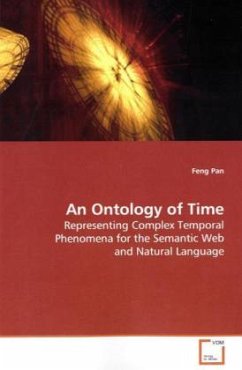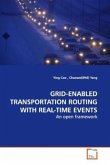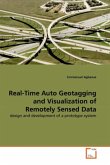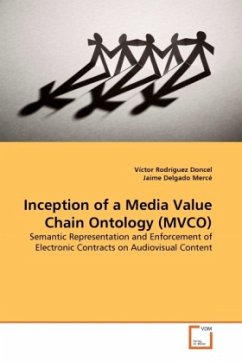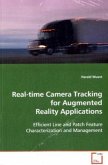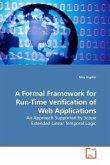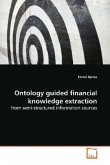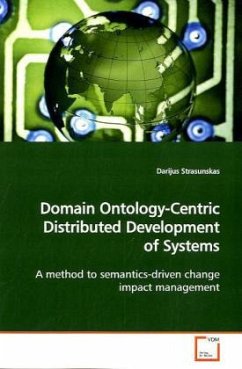As an essential dimension of our information space,
time plays a very important role in every aspect of
our lives. A specification of temporal information is
necessarily required for a large group of
applications, including the Semantic Web and natural
language. In response to this need, we have developed
a rich ontology of temporal concepts, OWL-Time
(formerly DAML-Time), for describing the temporal
content of Web pages and the temporal properties of
Web services. Since most of the information on the
Web is in natural language, it can also be used to
increase temporal awareness for natural language
applications. The ontology is represented in
first-order logic and the OWL Web Ontology Language.
It covers a very rich set of temporal concepts,
extending Hobbs (2002) s work with more complex
temporal phenomena, such as temporal aggregates,
temporal arithmetic mixing months and days, and vague
event durations. Since missing explicit and exact
durations is one of the most common sources of
incomplete information for temporal reasoning, we
have constructed an annotated corpus and applied
machine learning techniques to automatically extract
implicit and vague event durations from text.
time plays a very important role in every aspect of
our lives. A specification of temporal information is
necessarily required for a large group of
applications, including the Semantic Web and natural
language. In response to this need, we have developed
a rich ontology of temporal concepts, OWL-Time
(formerly DAML-Time), for describing the temporal
content of Web pages and the temporal properties of
Web services. Since most of the information on the
Web is in natural language, it can also be used to
increase temporal awareness for natural language
applications. The ontology is represented in
first-order logic and the OWL Web Ontology Language.
It covers a very rich set of temporal concepts,
extending Hobbs (2002) s work with more complex
temporal phenomena, such as temporal aggregates,
temporal arithmetic mixing months and days, and vague
event durations. Since missing explicit and exact
durations is one of the most common sources of
incomplete information for temporal reasoning, we
have constructed an annotated corpus and applied
machine learning techniques to automatically extract
implicit and vague event durations from text.
